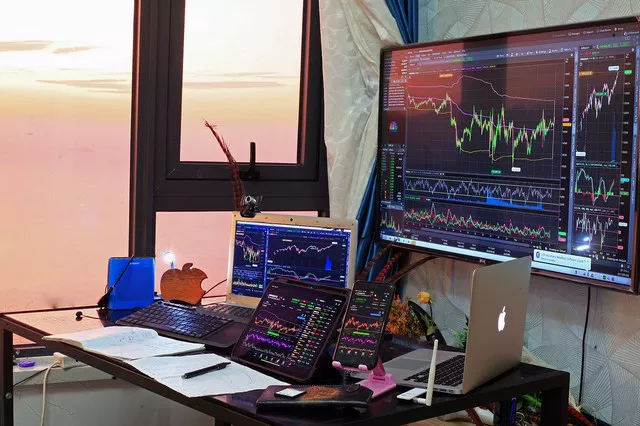In the ever-evolving world of finance and investment, energy futures stand out as a significant player. With global energy consumption on the rise and increasing volatility in energy markets, investors are keen to explore avenues that offer potential returns while managing risk. In this article, we delve into the realm of energy futures, exploring what they entail, how investors can participate, and the opportunities and challenges they present.
Understanding Energy Futures
Futures, in essence, are financial contracts that obligate the buyer to purchase an asset or the seller to sell an asset at a predetermined price and date in the future. Energy futures specifically involve commodities such as crude oil, natural gas, and electricity. These contracts serve as a means for producers and consumers to hedge against price fluctuations and manage their exposure to risk.
Investing in Energy Futures
For investors, energy futures provide an avenue to gain exposure to the energy sector without owning physical assets. One of the primary attractions of futures contracts is the potential for profit through speculation on price movements. Investors can take long positions, betting that prices will rise, or short positions, anticipating price declines. The leverage inherent in futures trading allows investors to amplify returns, but it also magnifies losses, making risk management crucial.
The Mechanics of Trading Futures
Trading energy futures typically occurs on exchanges such as the New York Mercantile Exchange (NYMEX) or the Intercontinental Exchange (ICE). These exchanges facilitate standardized futures contracts with specified delivery dates and contract sizes. Traders can enter and exit positions by buying or selling contracts through brokerage firms. Margin requirements, daily price limits, and settlement procedures govern futures trading, requiring investors to familiarize themselves with the mechanics of the market.
Factors Influencing Energy Futures
A myriad of factors influences the price dynamics of energy futures. Geopolitical tensions, supply and demand dynamics, macroeconomic indicators, and regulatory policies all play a role in shaping energy markets. Weather patterns, technological advancements, and environmental concerns also contribute to market sentiment and price volatility. Successful futures trading requires a comprehensive understanding of these factors and their interplay.
Risk Management in Futures Trading
While energy futures offer lucrative opportunities, they also entail inherent risks. Price volatility, leverage, and market uncertainty can lead to substantial losses if not managed effectively. Risk management strategies such as stop-loss orders, diversification, and position sizing are essential tools for mitigating risk exposure. Additionally, staying informed about market developments and conducting thorough analysis can help traders make informed decisions.
The Role of Specxulation and Hedging
Speculation and hedging are two primary motives behind trading energy futures. Speculators seek to profit from price movements by taking directional bets on future price trends. Their participation adds liquidity to the market and facilitates price discovery. On the other hand, hedgers, including producers, consumers, and financial institutions, use futures contracts to manage their exposure to price risk. By locking in prices through hedging, they can protect against adverse price movements and ensure stability in their operations.
Regulatory Landscape and Oversight
Given the importance of futures markets in maintaining financial stability, regulatory oversight is paramount. Regulatory bodies such as the Commodity Futures Trading Commission (CFTC) in the United States oversee futures trading to ensure fairness, transparency, and market integrity. Regulatory frameworks govern aspects such as margin requirements, position limits, and reporting obligations to safeguard market participants and maintain orderly markets.
Opportunities and Challenges
Investing in energy futures presents both opportunities and challenges for investors. On the one hand, futures trading offers potential for significant returns and portfolio diversification. The ability to profit from both rising and falling markets provides flexibility and agility in navigating changing market conditions. On the other hand, the complex nature of futures trading requires a deep understanding of market dynamics, risk management principles, and regulatory requirements. Moreover, the high leverage involved in futures trading amplifies both profits and losses, necessitating caution and discipline.
Conclusion
In conclusion, energy futures represent a vital component of the global financial landscape, offering investors a platform to gain exposure to energy markets and manage risk. While futures trading presents opportunities for profit and speculation, it also entails inherent risks that require careful consideration and risk management. By understanding the mechanics of futures trading, staying informed about market developments, and adhering to prudent risk management practices, investors can navigate the world of energy futures with confidence and resilience.


